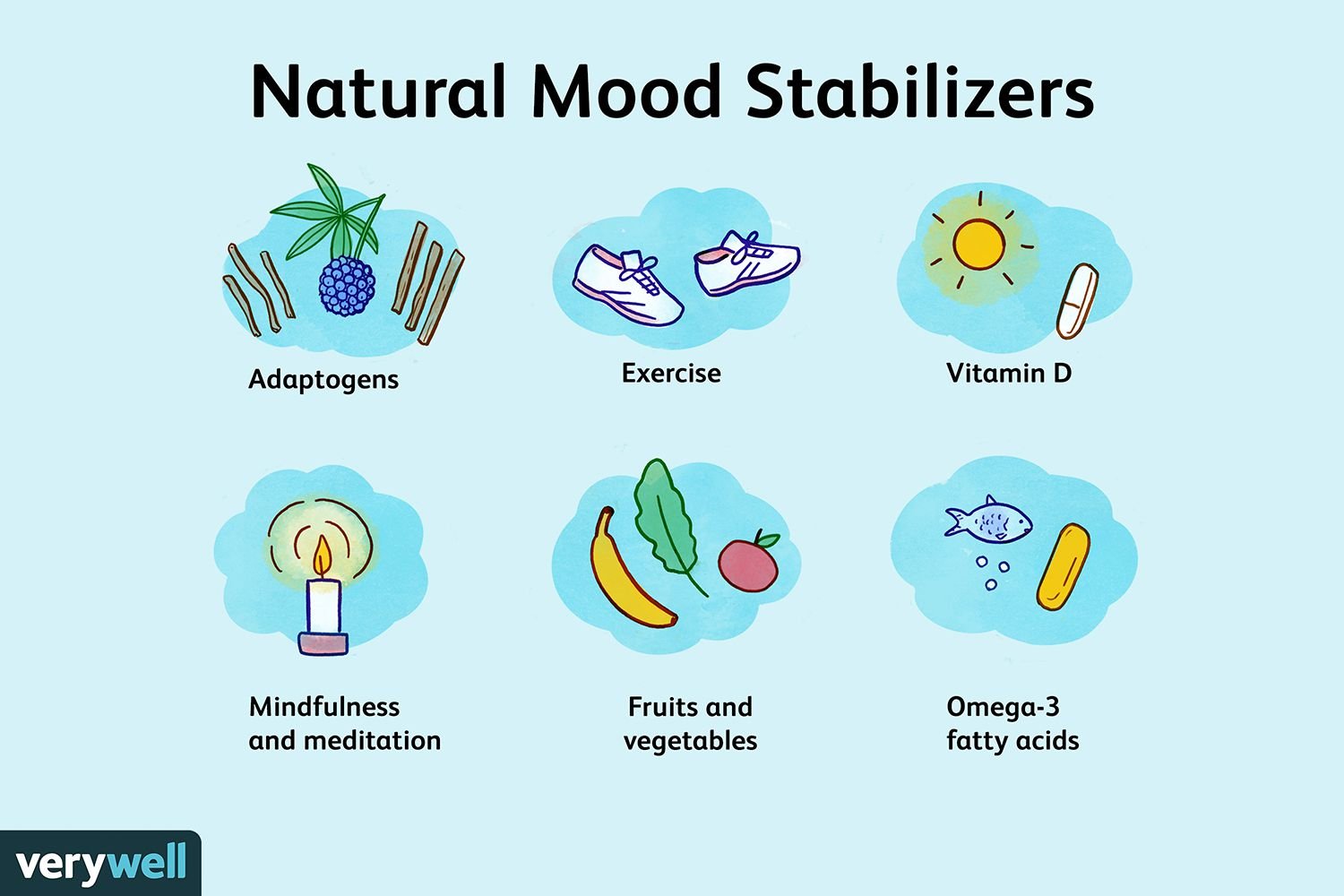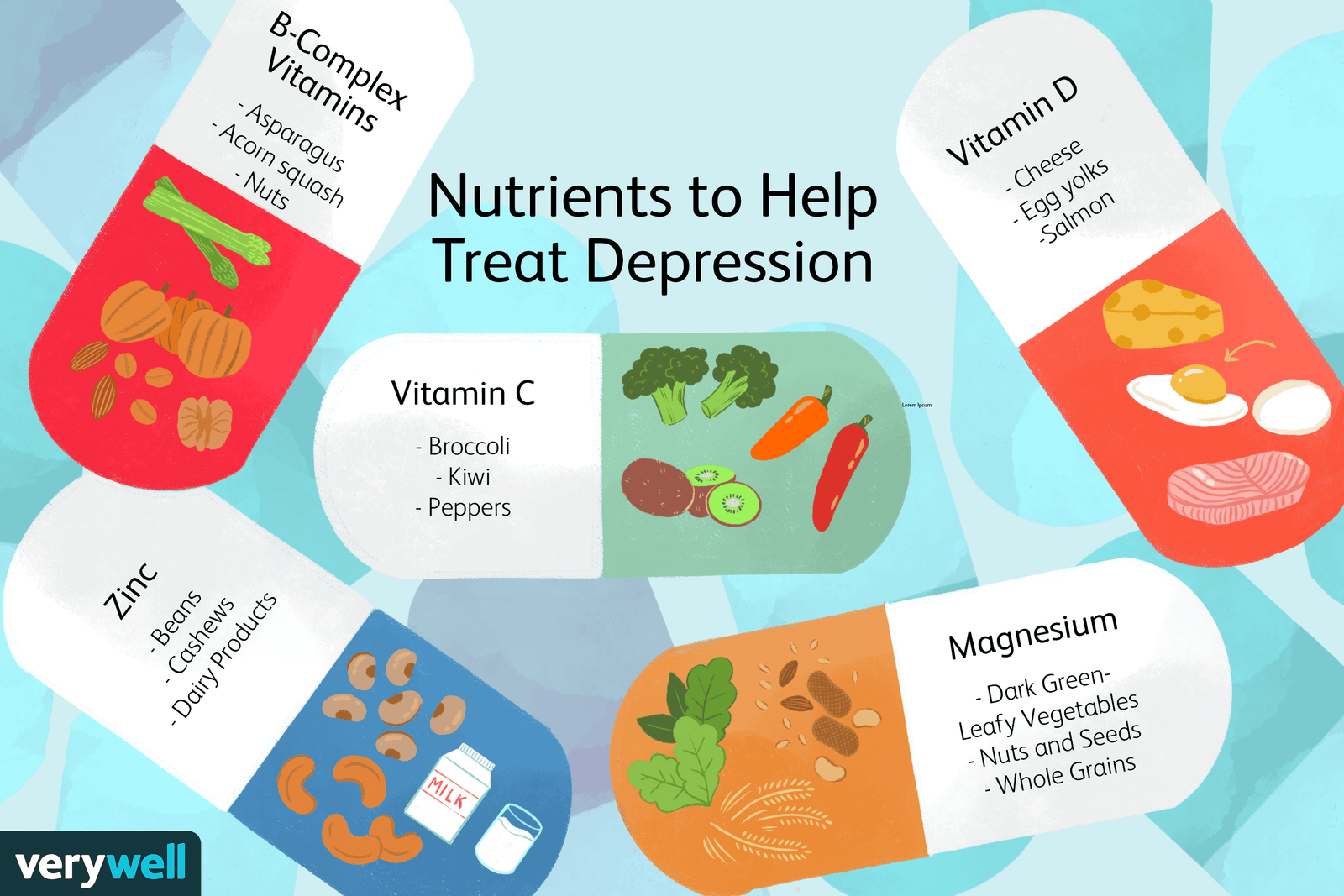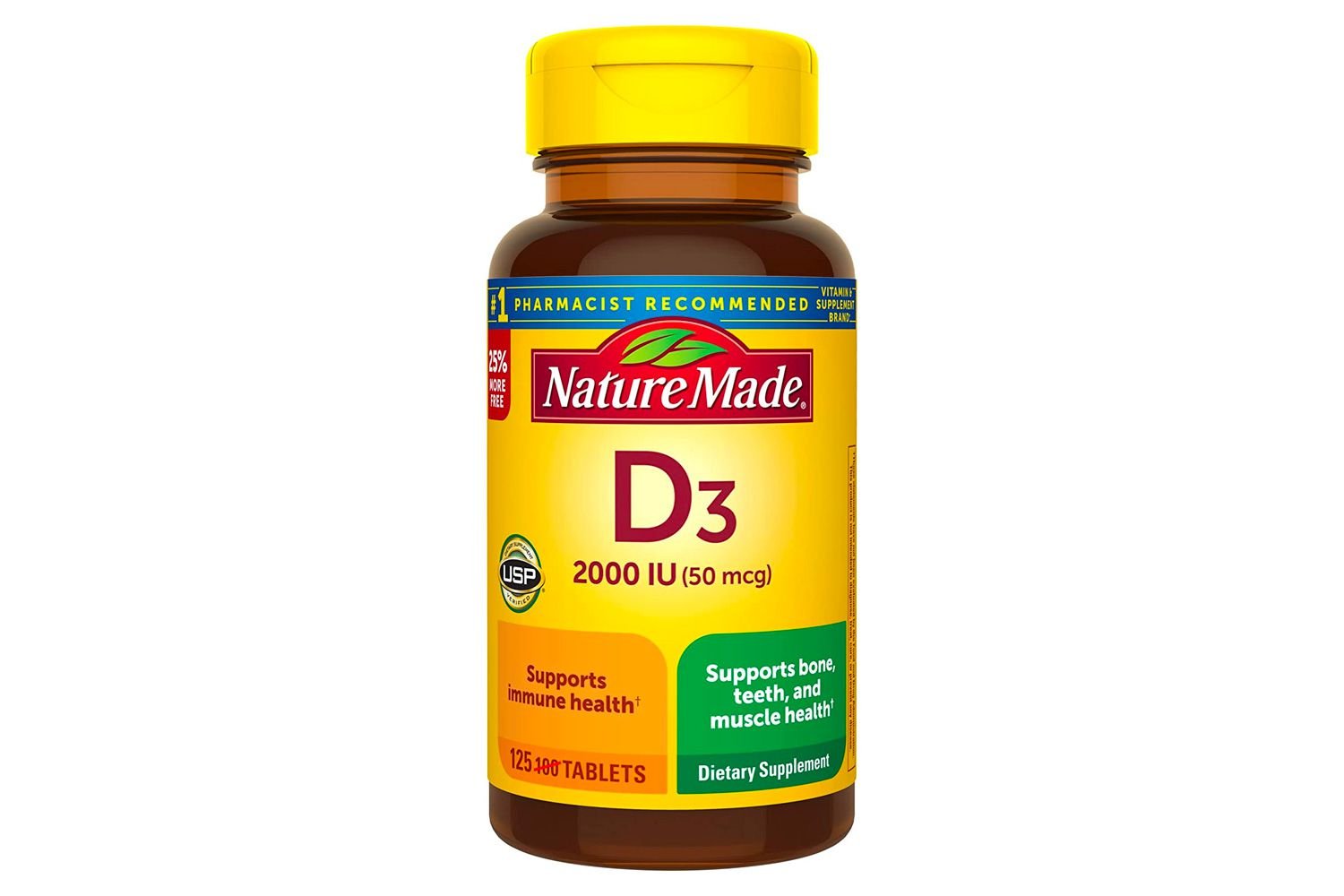Struggling with the symptoms of depression and mood disorders can be overwhelming, but luckily, there are some supplements that can lend a helping hand. In this article, we’ll explore the top 5 supplements that have been proven to effectively manage these symptoms. From omega-3 fatty acids to vitamin D, these natural remedies can provide the support your body and mind need to navigate through challenging times. So, if you’re looking for some extra assistance in your journey towards better mental health, read on to discover the supplements that could make a real difference.

Omega-3 Fatty Acids
Role of Omega-3 Fatty Acids in Depression
Omega-3 fatty acids have gained significant attention for their potential role in managing symptoms of depression. These essential fatty acids are crucial for maintaining brain health and play a vital role in neurotransmitter function. Research suggests that omega-3 fatty acids, particularly EPA (eicosapentaenoic acid) and DHA (docosahexaenoic acid), may help reduce inflammation in the brain and improve overall mood. Studies have shown that individuals with depression often have lower levels of omega-3 fatty acids, indicating a potential link between deficiency and the development of depressive symptoms.
Sources of Omega-3 Fatty Acids
To increase your intake of omega-3 fatty acids, incorporate foods such as fatty fish (salmon, tuna, mackerel), walnuts, flaxseeds, and chia seeds into your diet. These foods are rich in EPA and DHA, the two most beneficial forms of omega-3 fatty acids. If you struggle to consume enough omega-3s through your diet, you may consider omega-3 supplements such as fish oil capsules or algae-based supplements. These supplements are an excellent alternative for individuals who follow a vegetarian or vegan diet.
Recommended Dosage of Omega-3 Supplements
The recommended dosage of omega-3 supplements can vary depending on individual needs and health conditions. For general mood regulation and overall mental well-being, a dosage of 1000-2000 mg of EPA and DHA combined per day is commonly suggested. However, it is important to consult with a healthcare professional or a registered dietitian to determine the appropriate dosage for your specific situation. They can provide personalized recommendations based on factors such as age, overall health, and any medications you may be taking.
B Vitamins
Importance of B Vitamins for Mood Regulation
B vitamins, often referred to as the “mood vitamins,” are essential for maintaining healthy brain function and mood regulation. They play a crucial role in the production of neurotransmitters such as serotonin, dopamine, and norepinephrine, which are involved in mood and emotional well-being. Deficiencies in B vitamins, particularly vitamins B6, B9 (folate), and B12, have been linked to depressive symptoms and mood disorders.
Specific B Vitamins for Depression and Mood Disorders
Vitamin B6 is crucial for the synthesis of neurotransmitters and has been shown to support serotonin production. Vitamin B9 plays a role in regulating mood by aiding in the production of serotonin and dopamine. Vitamin B12 is essential for the functioning of the nervous system and is involved in the synthesis of neurotransmitters. Studies have indicated that supplementation with these specific B vitamins can help alleviate symptoms of depression and improve overall mood.
Dosage and Food Sources of B Vitamins
The recommended daily dosage of B vitamins can vary depending on age, sex, and individual needs. However, for managing symptoms of depression and mood disorders, a common dosage recommendation is as follows: 50-100 mg of vitamin B6, 400-800 mcg of vitamin B9 (folate), and 500-1000 mcg of vitamin B12. It is important to note that these dosages should be discussed with a healthcare professional or a registered dietitian to ensure appropriateness for your specific situation. Additionally, food sources such as whole grains, legumes, leafy greens, and lean meats can provide natural dietary sources of B vitamins.

Vitamin D
Vitamin D Deficiency and Depression
Vitamin D, often referred to as the “sunshine vitamin,” plays a vital role in various bodily functions, including mood regulation. Research suggests that vitamin D deficiency may be associated with an increased risk of developing depression. In regions with limited sunlight exposure or individuals who spend most of their time indoors, the risk of vitamin D deficiency is higher, further linking the deficiency to mood disorders.
Benefits of Vitamin D Supplements
Supplementing with vitamin D can be beneficial for managing symptoms of depression and improving overall mood. Vitamin D has been found to regulate serotonin levels and promote the production of brain-derived neurotrophic factor (BDNF), a protein that supports the growth and maintenance of nerve cells. By maintaining optimal vitamin D levels, individuals may experience improved mood, increased feelings of well-being, and reduced symptoms of depression.
Recommended Dosage of Vitamin D
The recommended daily intake of vitamin D can vary depending on age, sex, and individual needs. For individuals with depression or mood disorders, a common dosage recommendation is between 1000-2000 IU (international units) per day. However, it is crucial to consult with a healthcare professional to determine the appropriate dosage for your specific situation. They can conduct a blood test to assess your current vitamin D levels and provide personalized recommendations based on the results.
Saffron
Traditional Use of Saffron for Mood Enhancement
Saffron, a spice derived from the flower Crocus sativus, has a long history of traditional use for enhancing mood and emotional well-being. It has been incorporated into various traditional medicinal practices, including Ayurveda and traditional Chinese medicine, for its therapeutic benefits. Saffron’s active compounds, including crocin and safranal, are believed to have mood-enhancing properties and may positively influence neurotransmitter activity in the brain.
Research on Saffron for Depression Symptoms
Several clinical studies have explored the potential benefits of saffron for managing symptoms of depression. Research suggests that saffron may be effective in reducing depressive symptoms and improving overall mood. It is believed to increase serotonin levels and modulate the activity of other neurotransmitters involved in mood regulation. However, it is important to note that further research is still needed to fully understand saffron’s effectiveness and its specific mechanisms of action in treating depression.
Dosage and Precautions
The recommended dosage of saffron supplements for managing depression symptoms is typically around 30 mg per day. However, it is crucial to consult with a healthcare professional before starting any saffron supplementation regimen. They can provide guidance on the appropriate dosage for your specific needs and assess any potential interactions with medications or existing health conditions. Additionally, it is important to purchase saffron supplements from reputable sources to ensure quality and safety.

St. John’s Wort
Effectiveness of St. John’s Wort for Depression
St. John’s Wort, a flowering plant native to Europe, has been widely investigated for its potential benefits in managing symptoms of depression. Numerous studies have suggested that St. John’s Wort may be effective in relieving mild-to-moderate depression and improving overall mood. Its active compounds, including hypericin and hyperforin, are believed to increase levels of neurotransmitters such as serotonin, dopamine, and norepinephrine, which are associated with mood regulation.
Potential Side Effects and Interactions
While St. John’s Wort may offer benefits for depression symptoms, it is important to be aware of its potential side effects and interactions. St. John’s Wort can interact with various medications, including antidepressants, birth control pills, and blood thinners, compromising their effectiveness. Additionally, it may cause side effects such as digestive issues, fatigue, and photosensitivity. It is essential to consult with a healthcare professional before using St. John’s Wort to ensure its safety and assess any potential interactions.
Proper Dosage of St. John’s Wort
The recommended dosage of St. John’s Wort can vary depending on the severity of symptoms and individual needs. Typically, a dosage of 300-900 mg per day in divided doses is suggested for managing mild-to-moderate depression. However, it is crucial to consult with a healthcare professional who can evaluate your specific situation and provide personalized recommendations. They can also monitor your progress and make any necessary adjustments to the dosage if needed.
SAM-e
Role of SAM-e in Brain Health and Mood
S-adenosylmethionine (SAM-e) is a naturally occurring compound in the body that plays a crucial role in various biochemical reactions. SAM-e is involved in the production of neurotransmitters and is essential for maintaining optimal brain health and mood regulation. It is believed that SAM-e may enhance the production of serotonin, dopamine, and norepinephrine, thereby supporting emotional well-being.
Evidence for SAM-e for Mood Disorders
Research suggests that SAM-e supplementation may be beneficial for individuals with mood disorders such as depression. Studies have shown that SAM-e can reduce depressive symptoms, improve overall mood, and even work as effectively as some prescription antidepressants. However, it is important to note that more research is needed to fully understand SAM-e’s mechanisms of action and its long-term effects on mood disorders.
Recommended Dosage and Possible Side Effects
The recommended dosage of SAM-e can vary depending on the severity of symptoms and individual needs. Typically, dosages range from 400-1600 mg per day. However, it is crucial to consult with a healthcare professional who can assess your specific situation and provide personalized recommendations. SAM-e is generally well-tolerated, but some individuals may experience side effects such as gastrointestinal issues, restlessness, or in rare cases, allergic reactions. It is important to monitor your response to SAM-e and report any adverse reactions to your healthcare professional.

Lavender
Aromatherapy with Lavender for Anxiety and Depression
Lavender, a fragrant herb known for its calming properties, has been used for centuries to alleviate symptoms of anxiety and depression. Aromatherapy with lavender essential oil has gained popularity as a complementary therapy for managing mood disorders. Inhaling the scent of lavender oil has been shown to promote relaxation, reduce anxiety, and improve overall mood.
Clinical Studies on Lavender for Mood Disorders
Numerous clinical studies have investigated the efficacy of lavender for managing symptoms of mood disorders. Research suggests that lavender aromatherapy may reduce anxiety and improve depressive symptoms. The exact mechanisms of action are not yet fully understood, but it is believed that the scent of lavender aids in the modulation of neurotransmitters involved in mood regulation. While aromatherapy can be beneficial, it should not replace conventional treatment for mood disorders.
Safe Methods of Using Lavender
To incorporate lavender into your routine, you can use essential oils in a diffuser, add a few drops to a warm bath, or apply diluted lavender oil topically. It is important to use high-quality essential oils and follow dilution guidelines to ensure safety. If you have any concerns or pre-existing health conditions, consult with a healthcare professional before using lavender essential oil.
5-HTP
Conversion of 5-HTP to Serotonin
5-Hydroxytryptophan (5-HTP) is a compound naturally produced by the body from the amino acid tryptophan. It serves as an intermediate in the synthesis of serotonin, a neurotransmitter involved in mood regulation. By increasing 5-HTP levels, the body can potentially produce more serotonin, leading to improved mood and a reduction in depressive symptoms.
Use of 5-HTP for Depression and Anxiety
Supplementation with 5-HTP has been explored as a possible treatment option for individuals with depression and anxiety. Research suggests that 5-HTP may help alleviate symptoms, promote relaxation, and improve overall mood. By increasing serotonin levels, 5-HTP can positively impact emotional well-being. However, it is important to note that more research is needed to fully understand 5-HTP’s efficacy and its potential long-term effects.
Appropriate Dosage of 5-HTP
The appropriate dosage of 5-HTP can vary depending on individual needs and health conditions. When using 5-HTP for managing depression or anxiety, a common dosage recommendation is between 50-300 mg per day. However, it is essential to consult with a healthcare professional to determine the appropriate dosage for your specific situation. They can provide personalized recommendations based on factors such as age, overall health, and any medications you may be taking.

Inositol
Role of Inositol in Neurotransmitter Signaling
Inositol, a naturally occurring sugar alcohol, plays a vital role in neurotransmitter signaling and cellular communication within the brain. It is involved in the regulation of serotonin, dopamine, and other neurotransmitters associated with mood and emotional well-being. Inositol is thought to enhance serotonin activity, which can have positive effects on mood regulation.
Research on Inositol for Mood Disorders
Research suggests that inositol supplementation may be beneficial for managing symptoms of mood disorders, including depression and anxiety. Studies have shown that inositol can reduce depressive symptoms and improve overall mood. It is believed that inositol works by modulating neurotransmitter activity in the brain, specifically serotonin. However, further research is still needed to fully understand the effectiveness of inositol and its specific mechanisms of action.
Dosage and Potential Side Effects
The recommended dosage of inositol for managing mood disorders can vary, typically ranging from 12-18 grams per day. However, it is crucial to consult with a healthcare professional to determine the appropriate dosage for your specific needs. Inositol is generally well-tolerated, but some individuals may experience side effects such as gastrointestinal issues or headaches. If you experience any adverse reactions, consult with your healthcare professional for further guidance.
Magnesium
Magnesium Deficiency and its Impact on Mood
Magnesium is a mineral that plays a crucial role in various bodily functions, including mood regulation. Low magnesium levels have been associated with an increased risk of developing mood disorders such as depression. Magnesium deficiency can negatively impact neurotransmitter function, hormone regulation, and overall brain health, leading to depressive symptoms.
Benefits of Magnesium Supplements for Depression
Supplementing with magnesium can offer several benefits for managing symptoms of depression. Magnesium is involved in the synthesis of serotonin, a neurotransmitter involved in mood regulation. By maintaining optimal magnesium levels, individuals may experience improved mood, reduced feelings of anxiety, and enhanced overall mental well-being. However, it is important to note that magnesium supplementation should be done under the guidance of a healthcare professional to avoid potential interactions with medications or pre-existing health conditions.
Recommended Dosage and Safety
The recommended dosage of magnesium can vary depending on individual needs and health conditions. For managing symptoms of depression or mood disorders, a common dosage recommendation is typically between 200-400 mg per day. It is crucial to consult with a healthcare professional to determine the appropriate dosage for your specific situation. Additionally, magnesium supplementation is generally safe when taken within recommended dosages. However, higher doses can potentially cause digestive disturbances, so it is important to monitor your response and adjust the dosage as necessary.